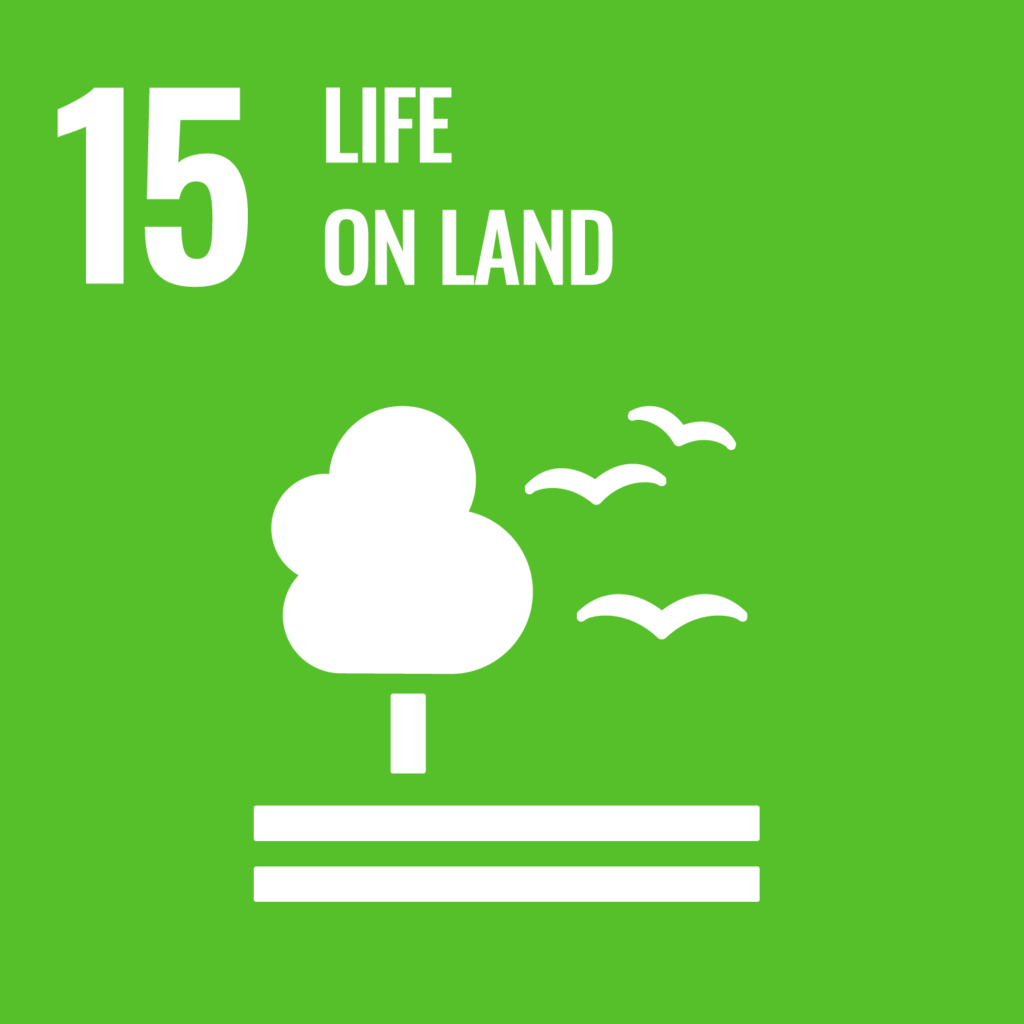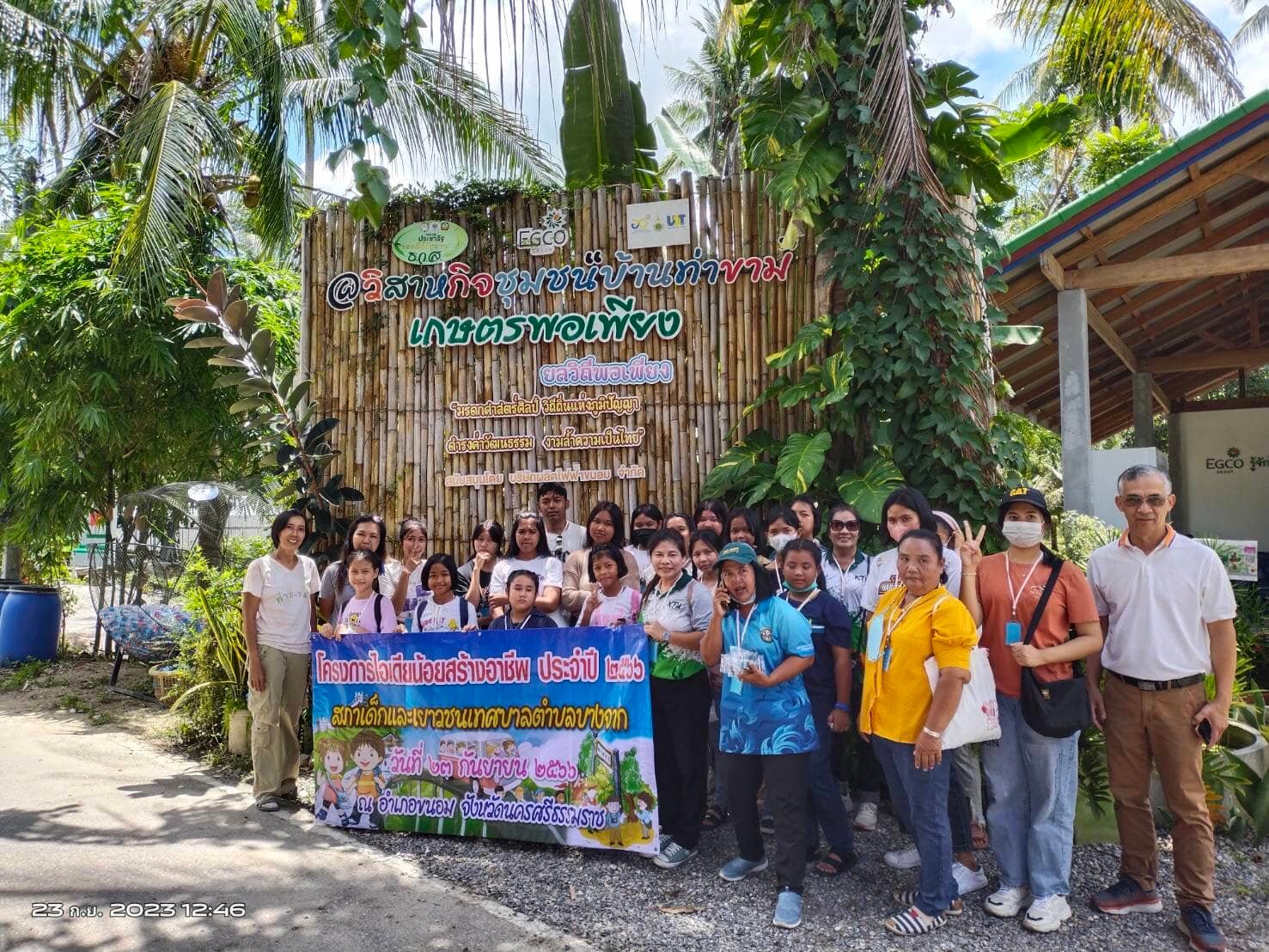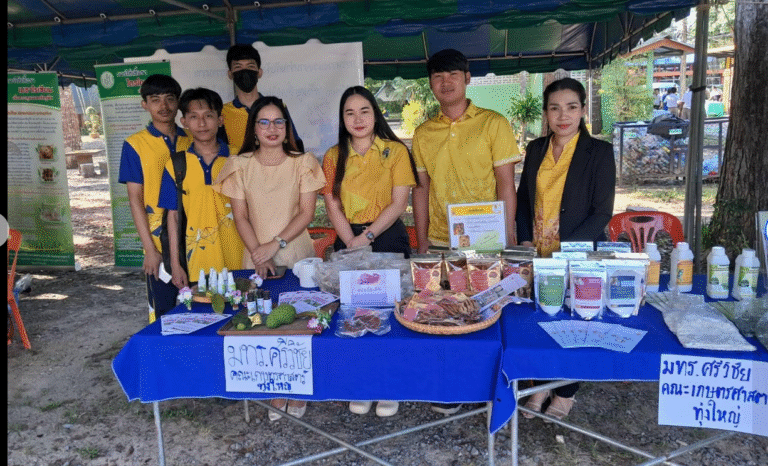Reporters: Asst.Prof.Dr. Prapot Maliwan
Assoc.Prof.Dr. Pornsil Seephueak
Asst.Prof.Dr. Nion Chirapongsathonkul
Asst.Prof.Dr. Worawitoo Meesook
Evidence Date: during 2023 Jan-Dec
Related SDGs:

Related Indicators: 15.4.2
Details:
Environmental awareness is a major focus at Rajamangala University of Technology Srivijaya, where students and faculty actively address the problem of plastic waste. Plastic poses a significant challenge due to its long lifespan and environmental impact, prompting the university to prioritize strategies for reducing, reusing, and recycling plastic. Through various initiatives, students are encouraged to engage in recycling projects that convert waste into reusable resources, thus lessening the environmental footprint. This approach not only helps the environment but also cultivates a mindset of sustainable living. To strengthen these efforts, the university frequently collaborates with other organizations and community groups. This collaboration provides an opportunity for local organizations to learn sustainable practices directly from the university. Visitors gain insights into effective recycling and waste management methods that can be implemented within their own communities. Rajamangala University’s commitment to sustainability inspires others to follow its lead in addressing the plastic waste problem. By focusing on education and hands-on practices, the university reinforces the importance of environmental stewardship.
Recently, members of the Bang Chak Subdistrict Municipal Council for Children and Youth visited Rajamangala University to learn about sustainable practices in plastic recycling. During the visit, Dr. Suporn Ritthipakdee demonstrated various recycling techniques and shared her expertise on managing plastic waste. The council members observed a community project at Ban Tha Kham, where plastic bottles are collected and recycled as part of local agricultural initiatives. The visitors showed great interest in these practices, asking questions about the recycling process and ways to apply it in their own community. Dr. Suporn emphasized the benefits of recycling plastic waste for environmental conservation and resource management. This collaboration encouraged the young visitors to consider the impact of their own plastic use and to explore sustainable practices. Such initiatives show how environmental education can spark interest and inspire future change in local communities. By welcoming and educating visitors, the university plays a key role in spreading environmental awareness. These engagements build a foundation for a more sustainable future led by informed, eco-conscious youth.
Related Links:




